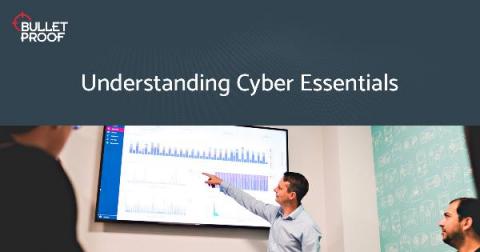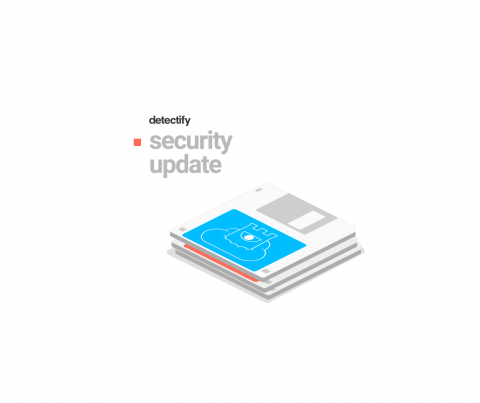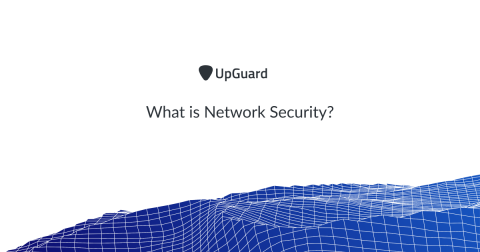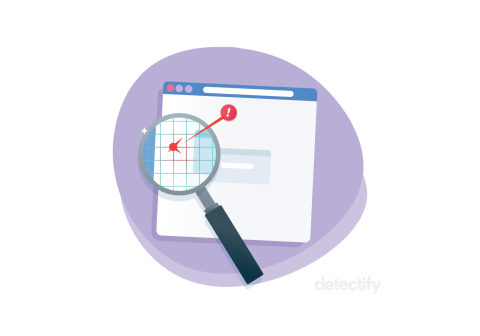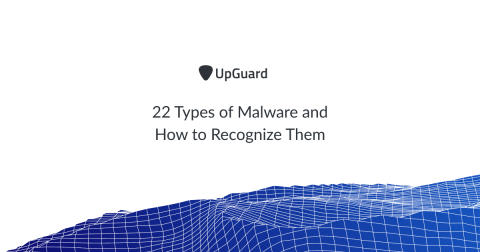Understanding Cyber Essentials
Cyber Essentials and Cyber Essentials Plus are Government-backed schemes which highlight key technical controls that need to be in place in order to defend against the most common cyber threats. By becoming Cyber Essentials certified your organisation can display the logo on your website and marketing materials, improving trust with your customers. Many Government contracts will only consider applications from Cyber Essentials certified companies.


